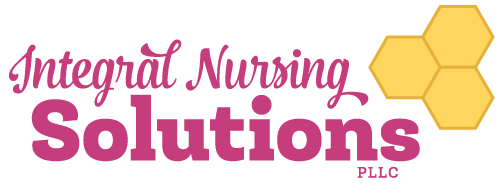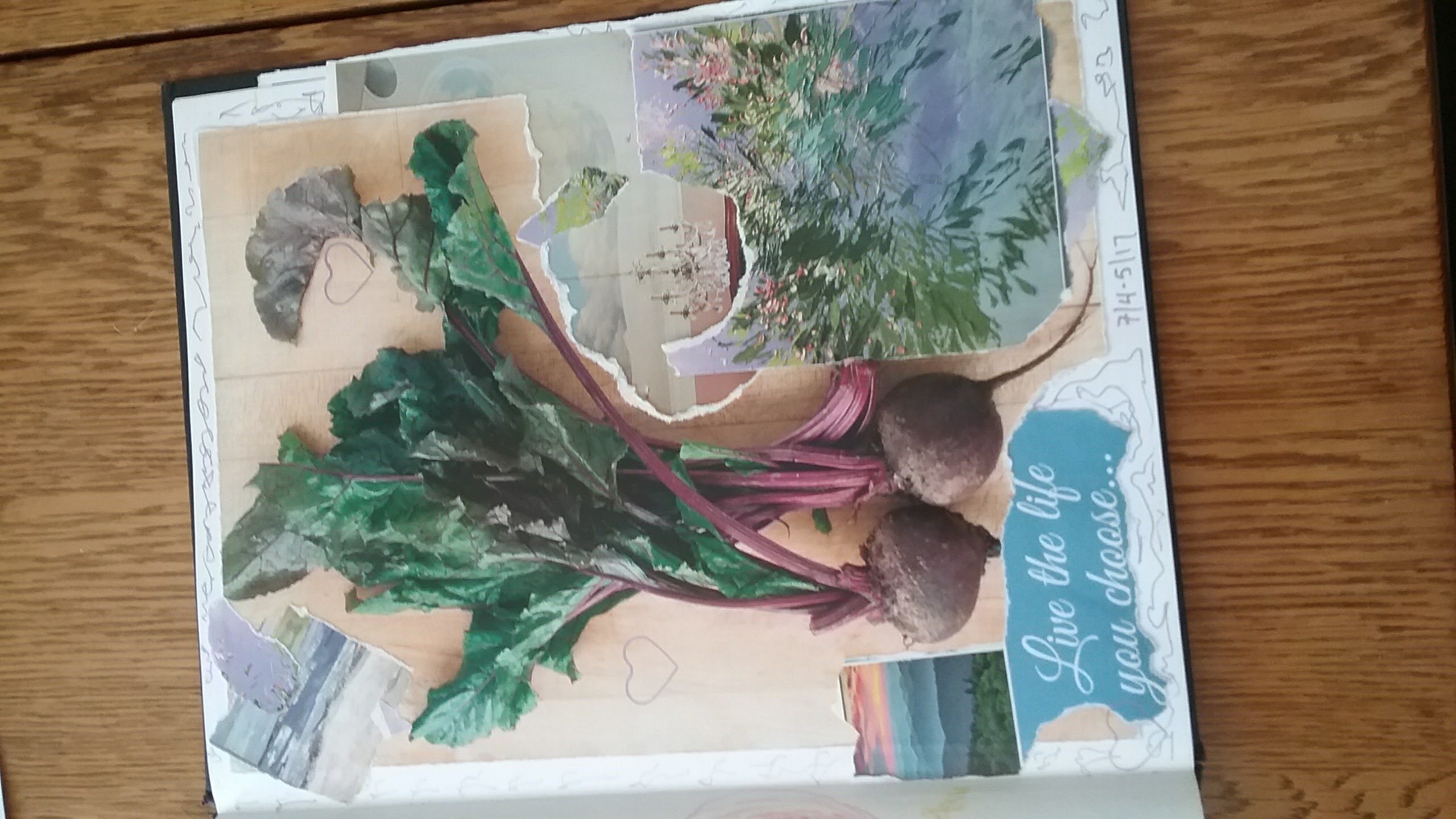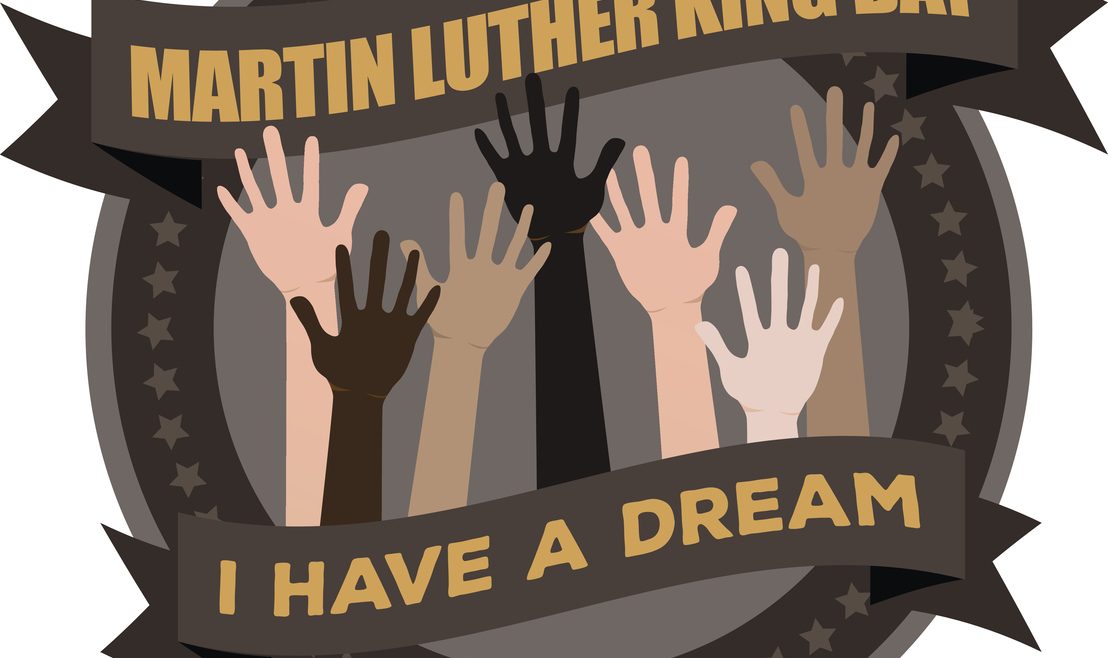Self Care~ Sleeping For Success
Your long and short term success is impacted by your sleep. Getting adequate sleep is an essential self care activity that optimizes your potential by detoxing your brain and healing body organs and systems such as your heart and blood vessels. Let’s look at the new information about how and why getting enough sleep influences your body, mind and emotions. With this information about your precious brain, you may no longer believe and behave as if sleep is negotiable.
Physiology of the Glymphatic System
Your glymphatic system, similar to the body’s lymph system, removes toxins and metabolites from the brain, while you sleep. Researchers have observed that noradrenaline a fight-or-flight hormone is released in bursts when brain needs to become alert. Awake, your brain cells are busy processing information which creates waste products. The cells swell and are consequently closer together. And then, while you sleep there is an increase in cerebrospinal fluid (CSF) to your brain. Your brain’s glia cells, part of the glymphatic system, helps control the flow by shrinking the cells in your brain by 60% during sleep, thereby creating more space between the cells. Your CSF can wash through the brain tissue with greater ease,washing away harmful waste proteins like beta amyloid and tau proteins, and other molecules that build up between brain cells during waking hours. The glymphatic system carries the waste to the brain’s blood stream, which then transports them into the larger circulatory system to be removed through the liver and kidneys. Upon waking beta amyloid concentrations are decreased. Maybe it is no wonder that when we say “let me sleep on it”, we have a clearer mind to work with upon waking.
Effects of Sleep Deprivation on You Physical, Emotional and Mental Abilities

Body
When you don’t get enough sleep your reflexes are slower, you are at risk for high blood pressure, a weakened immune system, diabetes, low sex drive, heart disease, poor balance and weight gain. Here’s a fun fact: Dr. Helene Benveniste and her colleagues at Stony Brook University School of Medicine discovered that side lying is the best position for ridding the body of metabolic waste.
Emotional
When you are tired, not getting enough sleep, you are emotionally off balance and your decision making becomes poor. You may experience pessimism, anger, sadness, depression and grumpiness. Sleep deprivation does not feel good and you may find yourself eating for emotional reasons because the chemicals that make you hungry are in excess and chemicals for a healthy appetite are at low levels. Remember, sleep deprivation, taken to extreme, is a form of torture.
Mental
You may experience a mental fog if you are not getting enough sleep to detoxing your brain. Lack of sleep affects both your long and short term memories, which shows up as forgetfulness. Concentration, creativity and problem solving skills are dulled. Your decision making becomes poor. This is when accidents such as med errors and car accidents are likely to happen.
!Woops!
Ignorant about the importance of sleep, and mistakenly believing that multitasking was something to be proud of, I once was grazed by a car while working 3rd shift-not paying attention to the lights. Another time, I called the police because I forgot my daughter was at a class. We all got a good laugh later, but at the time, it was not funny. I was exhausted from not sleeping. I make better food choices and my dietary habits are healthier when I get enough sleep. In fact in 12 step programs,tiredness can be a trigger for addictive behavior as indicated by the term HALT ( hungry, angry , lonely and tired). So dear sister or brother nurse, I ask you honestly, “are you getting enough sleep?”
Getting enough sleep, essential to self care is a helpful tool in both a burnout prevention and burnout healing toolbox. And whether or not you sleep alone, healing happens best in a community who support you in your self care efforts to develop strong habits that maximize your potential. The next Vitality in Progress- Healing and Preventing Burnout for Nurses Program ( VIP program) starts May 6, 2018. Give yourself the gift of a supportive community and personalized mentoring as you develop a keystone practice that supports your happiness and well-being. Good nurses become great nurses when they take great care of themselves.
Give yourself the gift of a supportive community and personalized mentoring as you develop a keystone practice that supports your happiness and well-being. Good nurses become great nurses when they take great care of themselves.
Sending blessings to you for deep sleep and sweet dreams~~ waking refreshed, ready to start your day with enthusiasm, creativity and ease.
With love, Padma
.








 Do you speak about people/patients who are not like you, differently when you are in their presence as opposed to outside their hearing?
Do you speak about people/patients who are not like you, differently when you are in their presence as opposed to outside their hearing?
 Depending upon your intentions, the circumstances of your life and your proclivities, different styles are useful: reflective/contemplative, lists, work notes/accomplishments, observations, gratitude journals, responses to events, letters to a higher power just to name a few. If you don’t like or can’t read your handwriting ~~ no excuse, you don’t have to write! You can use
Depending upon your intentions, the circumstances of your life and your proclivities, different styles are useful: reflective/contemplative, lists, work notes/accomplishments, observations, gratitude journals, responses to events, letters to a higher power just to name a few. If you don’t like or can’t read your handwriting ~~ no excuse, you don’t have to write! You can use  for Clarity and Connection at the
for Clarity and Connection at the 
 *** Savor and Celebrate***
*** Savor and Celebrate***


 When are you going to nurture your Self with a retreat?
When are you going to nurture your Self with a retreat?
 A few years ago a friend and I decided we wanted to share a retreat and to deepen our friendship. We designed a schedule of meditation, walking, and listening to a series of talks by a healer we had heard of. We tent camped in a state park, in silence for a weekend. It rained the full weekend, and except for laughter, we maintained our noble silence and had a memorable, enriching and powerful shared experience of a deeper friendship.
A few years ago a friend and I decided we wanted to share a retreat and to deepen our friendship. We designed a schedule of meditation, walking, and listening to a series of talks by a healer we had heard of. We tent camped in a state park, in silence for a weekend. It rained the full weekend, and except for laughter, we maintained our noble silence and had a memorable, enriching and powerful shared experience of a deeper friendship.
 how often do you brush your teeth, plop into bed, fall asleep as your head is hitting the pillow and wake up with an alarm, feet barely touching the ground, as you dash off into the day? I have changed my nighttime routine. I now answer the following 4 questions from
how often do you brush your teeth, plop into bed, fall asleep as your head is hitting the pillow and wake up with an alarm, feet barely touching the ground, as you dash off into the day? I have changed my nighttime routine. I now answer the following 4 questions from  By ending your day in this nourishing way, you too may experience good sleep and a rich next day with focus and clarity. It benefits not only you, but your clients, students, colleagues, patients, family and friends. Perhaps you will enjoy your life and daily experiences even more as you open to your Four Rivers- Love, Surprise, Challenge and Inspiration.
By ending your day in this nourishing way, you too may experience good sleep and a rich next day with focus and clarity. It benefits not only you, but your clients, students, colleagues, patients, family and friends. Perhaps you will enjoy your life and daily experiences even more as you open to your Four Rivers- Love, Surprise, Challenge and Inspiration.


 health. I defined gratitude and shared mine setting the stage for everyone to share. His parents shyly participated. PS could not find anything he was grateful for. After a few visits, PS was willing to agree with a gratitude his mom suggested. Over time, he has become willing to think of something he is grateful for at the end of each visit. PS’s physical health has not changed as gratitude does not reverse chronic debilitating, genetic conditions. It can however, influence how he handles the challenges he faces. PS is learning to focus on what is working and to nurture himself a little with the experience of gratitude. Practicing gratitude on the days I am there, seems to bring some emotional balance to the ongoing trials they face individually and as a family.
health. I defined gratitude and shared mine setting the stage for everyone to share. His parents shyly participated. PS could not find anything he was grateful for. After a few visits, PS was willing to agree with a gratitude his mom suggested. Over time, he has become willing to think of something he is grateful for at the end of each visit. PS’s physical health has not changed as gratitude does not reverse chronic debilitating, genetic conditions. It can however, influence how he handles the challenges he faces. PS is learning to focus on what is working and to nurture himself a little with the experience of gratitude. Practicing gratitude on the days I am there, seems to bring some emotional balance to the ongoing trials they face individually and as a family.


 Vital Exhaustion
Vital Exhaustion
 Contemplate privatizing health care. What are your thoughts and feelings about this? Is there a difference between health care and insurance care? What are the physical, emotional, mental and spiritual costs and benefits of each for our families, friends, our neighbors and the public in general? How does it impact your work?
Contemplate privatizing health care. What are your thoughts and feelings about this? Is there a difference between health care and insurance care? What are the physical, emotional, mental and spiritual costs and benefits of each for our families, friends, our neighbors and the public in general? How does it impact your work? functioning of our health care financing system.
functioning of our health care financing system.